
China’s Coercive Tactics: Linking Tourism and Educational Programs with GSI and GCI
In a recent development, the leaders of the Chinese Communist Party (CCP) have reportedly escalated their political engagements in Nepal, sparking speculations about their hidden strategic mission and pursuit of power consolidation.
Intelligence sources indicate that a high-level team from the CCP’s International Liaison Department of the is currently engaging in discussions with prominent political figures in Nepal.
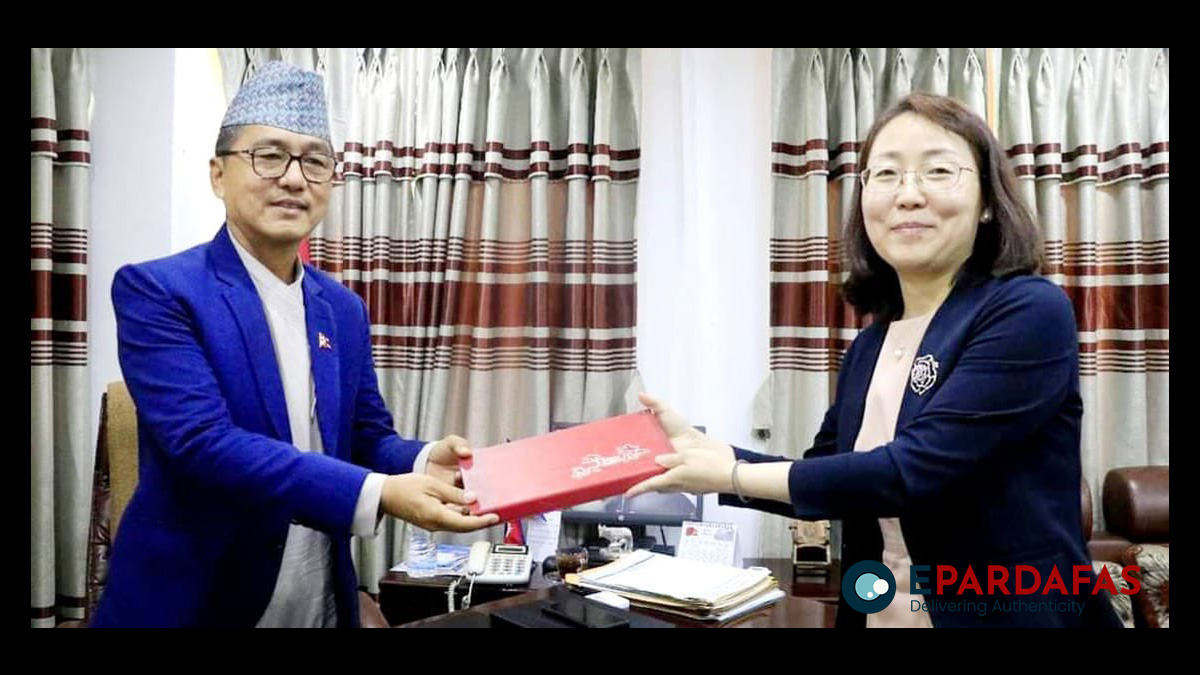
On Sunday, Chinese leaders, including Chu Min, the political chief, held separate meetings with influential figures such as CPN (UML) Chairman KP Sharma Oli, Rashtriya Swatantra Party leader Swarnim Wagle, and Rashtriya Prajatantra Party Chairman Rajendra Lingden at their respective party headquarters.
Notably, these meetings were conducted without the presence of representatives from Nepal’s Ministry of Foreign Affairs, a departure from established protocols. Consequently, social media platforms have become abuzz with discussions, as senior journalists and analysts openly question the participating political leaders.
खै पररास्ट्र मन्त्रालयको प्रतिनिधि ? जब तपाईंहरुले आफ्नै देशका कर्मचारीप्रती विश्वास छैन भने राष्ट्रियता, राष्ट्रबाद, स्वाधिनता, कूटनीतिक आचार सहिताबारे तपाईंहरुले घेक्रो फुलाएर दिने गफ र लोकारीझ्याइ हामीले किन विश्वाश गर्ने ? आजैका दिनबाट छोडियो ☹️☹️ pic.twitter.com/B4C04fH63w
— Anil Giri—-blue tick goes here (@anilkathmandu) June 19, 2023
While the official agenda of these meetings encompassed discussions on Nepal-China relations, the expansion of mutual ties between political parties, the geopolitical landscape, and other pertinent matters, experts believe that the scope of these talks may extend beyond the stated subjects.
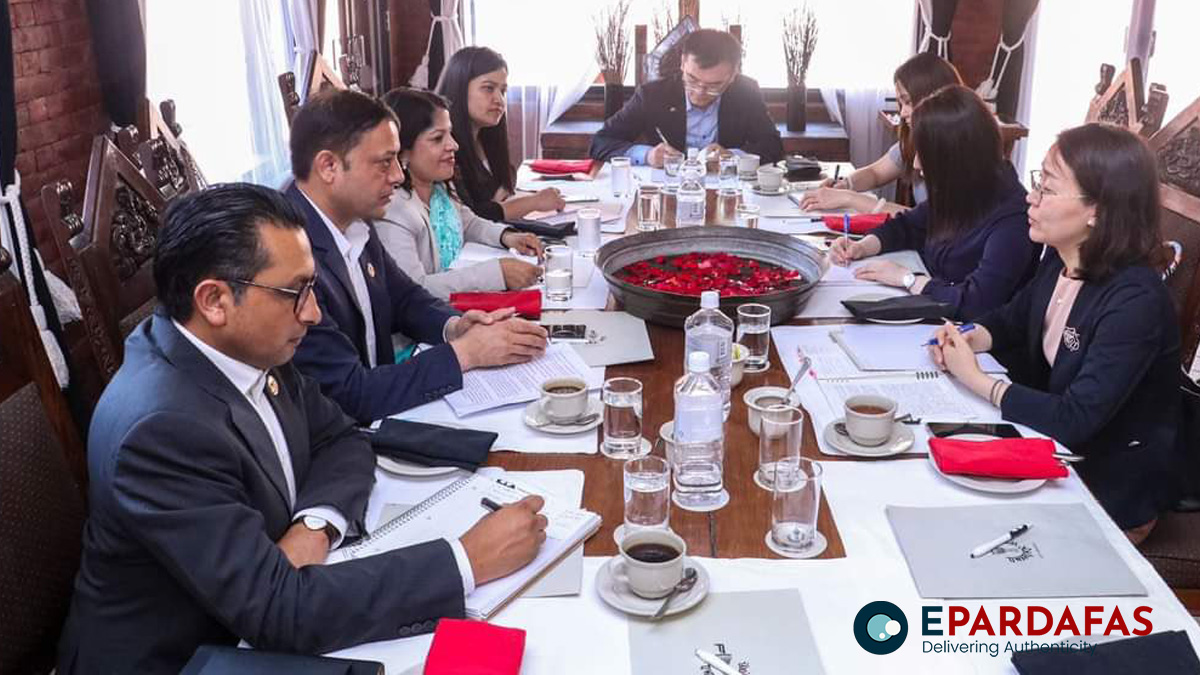
Chinese leaders are reportedly pressuring Nepal to participate in President Xi Jinping’s Global Security Initiative (GSI) and Global Civilization Initiative (GCI), which are part of China’s broader strategy to expand its influence beyond the Belt and Road Initiative (BRI). Despite a courtesy meeting between the Chinese team and Nepalese leaders, sources indicate that the pressure on Nepal continues discreetly, prompting concerns among some leaders.
The Chinese government has been actively promoting its projects under the BRI, and the GCI and GSI concepts are seen as an additional means to extend China’s influence in developed countries that are not part of the BRI. Some leaders in Nepal claim that a team of Chinese officials has been exerting pressure on Nepal to participate in these initiatives, despite Nepal’s reluctance. This alleged pressure has led to efforts by China to influence Nepalese leaders, although the leaders themselves are hesitant to openly discuss the matter.
The issue of Nepal’s participation in GSI and GCI also gained attention during the recent visit of National Assembly Chairman Ganesh Prasad Timilsina, who is also the leader of the CPN (UML) party, to China. The Chinese side reportedly requested Nepal’s involvement in GSI and GCI during the visit. Previously, the topic had also arisen when Agni Prasad Sapkota, the leader of the Maoist Center and former speaker of the House of Representatives, visited China.
China’s push for Nepal’s participation in GSI and GCI aligns with its wider attempts to exert influence over Nepal’s internal affairs. This comes after China financed the construction of the Pokhara Regional International Airport. After building the Pokhara Regional International Airport with a loan grant, China later said that it was built under the BRI.
However, concerns have been raised as the airport has yet to commence international flights, and domestic flights have also faced challenges. There is growing apprehension about the airport becoming a debt trap, raising doubts about the true intentions behind China’s involvement in the project.
In a similar vein, China is going to host the ‘Nepal-China Friendship Dragon Boat Race Festival-2023’ in Pokhara, aiming to contribute to the promotion of Nepal’s tourism sector. The Nepal Tourism Board, the Chinese embassy in Nepal, and Pokhara Metropolitan City have collaborated to organize this two-day event, scheduled to commence on June 23.
The dragon boat race will witness the participation of eight teams from Nepal, China, and Singapore, engaging in 200-meter and 500-meter races on the picturesque Phewa Lake.
However, even though this event is primarily focused on boosting tourism, China is utilizing it as part of President Xi Jinping’s Global Civilization Initiative. Notably, Nepal is not an active participant in this initiative, yet China intermittently incorporates Nepalese school programs and tourism-related activities into its broader framework.
Consequently, considering China’s persistent pressure and influence, analysts perceive the Chinese involvement and the visits of Nepal’s communist leaders to China with suspicion.
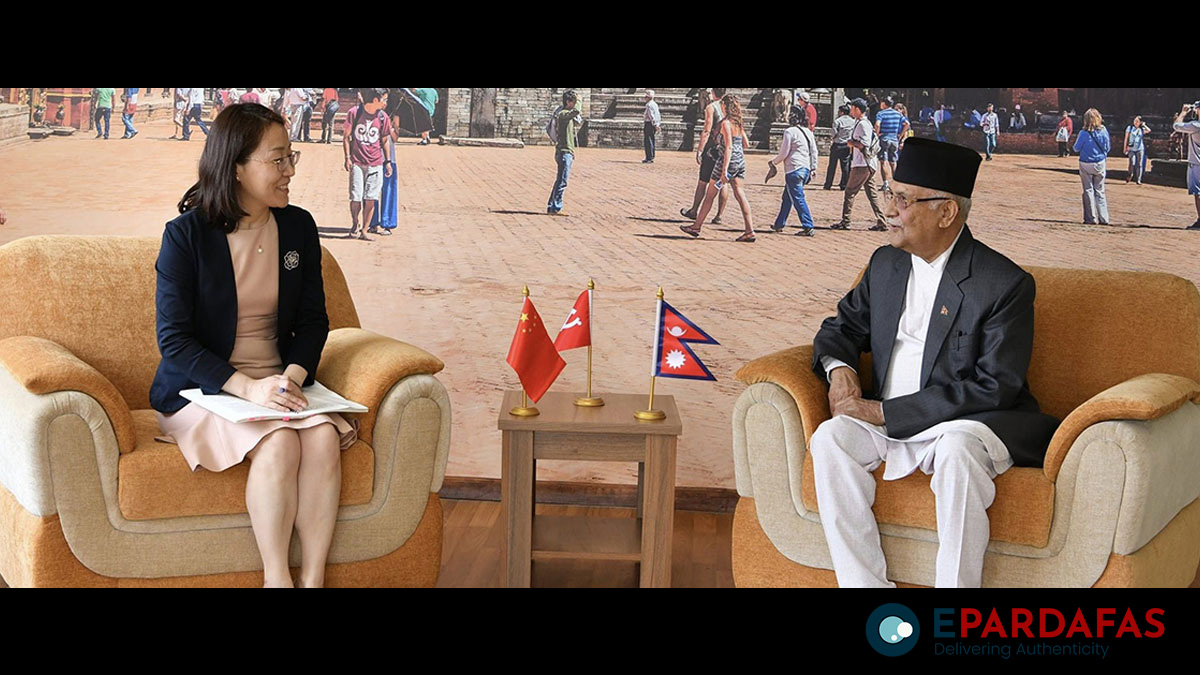

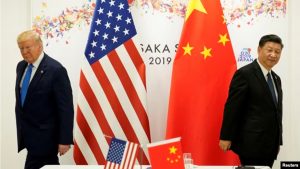
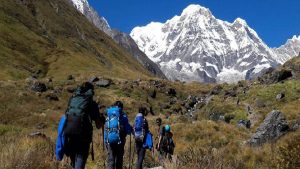

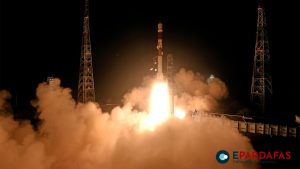
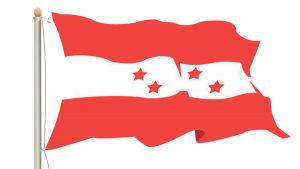
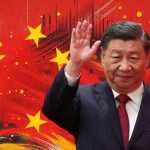


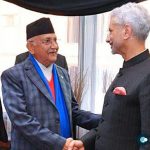
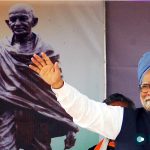
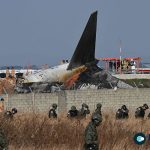
Comments